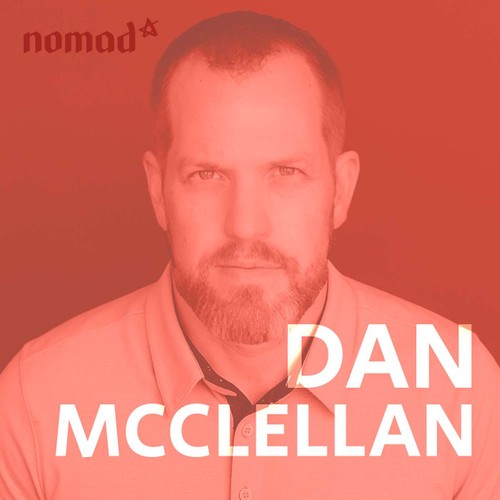
 Nomad Podcast
Nomad Podcast Dan McClellan - Does the Bible Say Jesus is God? (N344)
5 snips
May 9, 2025 Dan McClellan, a Bible scholar and social media influencer, delves into the complex question of Jesus's divinity. He examines early Christian texts and suggests varied interpretations that challenge traditional beliefs. The discussion highlights how evolving theology and political contexts shaped ideas about Jesus. The hosts, Tim Nash and Anna Robinson, share personal reflections on their journey with questions of faith and the nature of God, emphasizing the importance of intellectual honesty and spiritual openness in these profound inquiries.
AI Snips
Chapters
Books
Transcript
Episode notes
Dogmas Shape Christian Bible Interpretation
- Inspiration, inerrancy, and univocality shaped modern Christianity's Bible interpretation framework.
- These dogmas make the Bible flexible but allow negotiation of meaning based on needs and goals.
Dogmas Used to Marginalize Groups
- Biblical dogmas have been used to justify social power and marginalize vulnerable groups.
- Examples include Bible-based defenses of slavery, LGBTQ+ discrimination, and anti-immigrant views.
Bias in Biblical Interpretation
- Dan prioritizes giving the benefit of the doubt to less powerful groups in biblical interpretation.
- He links controversy to whose interests (powerful vs powerless) interpretations favor.





